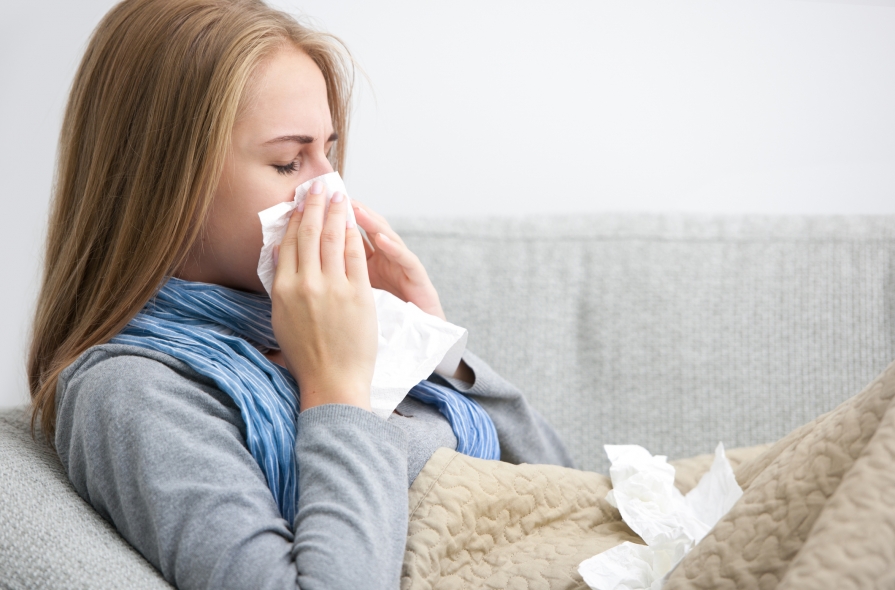News
Sleep and Seasonal Allergies
If you are starting to wake up feeling a little stuffed up these days, you are not alone. Allergies are extremely common in the early spring months and this can greatly affect your sleep cycle.
Why are my allergies affecting how I sleep at night?
Many people experience seasonal allergies and/or flu like symptoms at this time of year thanks to significant changes in air pressure and the weather. This can affect your sleeping patterns in a big way, especially if you have sleep apnea and/or use a CPAP machine at night. Some people experience common cold symptoms such as headaches, sinus congestion or sore throat, that most often occurs in the morning, right as you wake up. Others (especially those with sleep apnea) may have a lot of nasal congestion at night that is making it difficult to sleep and causing insomnia.
With all of that said, having an “off” sleeping night for one night or more can affect how you function during the daytime and doing nothing will only make it worse.
How can I sleep better with allergies?
Dealing with seasonal allergies that affect your sleep can be unpleasant, however there are ways to help you to alleviate this:
- Try taking an over-the-counter antihistamine (such as Benadryl or Claritin) before you go to bed to help you sleep better. If you wake up with allergy symptoms then you can take one in the morning as well if needed (just be sure to use a non-drowsy formula!)
- Don’t stray away from practicing good sleep hygiene. Stick to the same bedtime every night and stick to healthy diet and exercise routines during the daytime.
- Keep your bedroom cool and use a humidifier if necessary to help alleviate excessive dryness in the air. Check out this HumidX F20 humidifier – PAPSmart Canada
- If you use a CPAP machine, don’t skip the use of your machine for one night, even if you are feeling unwell. It is more important now than ever to keep up with your CPAP therapy. You may even want to consider giving your machine an extra cleaning to better help you sleep at night
- Be sure to seek advice from your doctor if the problem persists.



